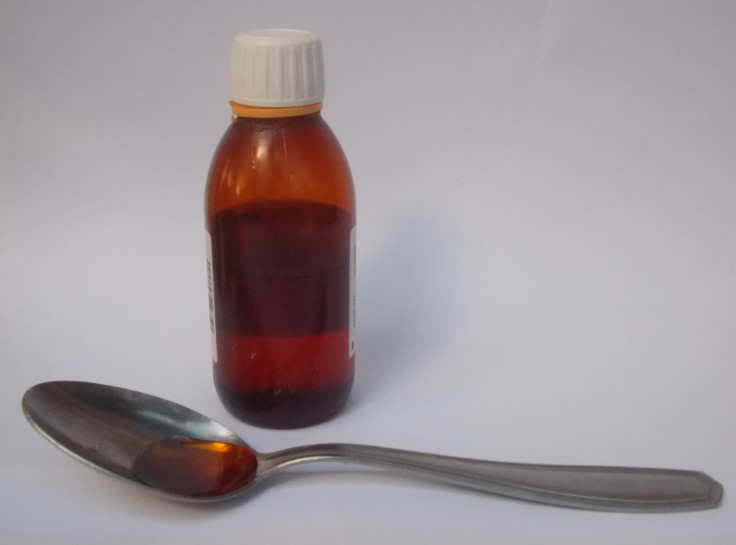Cough syrup that killed children in Uzbekistan got approval due to bribery
As many as 21 people, including an Indian, have been put on trial in Uzbekistan for the deaths.

The distributors of India-made cough syrup that killed 65 children in Uzbekistan have been accused of bribing officials to escape mandatory testing.
Uzbekistan state prosecutors on Wednesday alleged that the distributors paid local officials a bribe of $33,000 to avoid the testing round.
The deaths due to poisoning after the children consumed cough syrup produced by an Indian pharmaceutical firm, Marion Biotech, took place in Uzbekistan in December last year.
As many as 21 people, including an Indian, have been put on trial in Uzbekistan for the deaths. Three of the accused are executives of Quramax Medical, the company that sold the cough syrups produced by India's Marion Biotech in Uzbekistan.
The India-manufactured cough syrups contained toxic industrial-grade materials instead of pharmaceutical-grade ingredients, according to media reports.
The products in question, Dok-1 Max syrup and Ambronol Cough, are marketed as a treatment for cold and flu symptoms. The company did not test the cough syrup before exporting them to Uzbekistan, Reuters quoted the investigators as saying.
A contaminated batch of the syrup proved fatal for the kids who had taken the medicine for cough and colds, according to the health ministry in Uzbekistan. Marion, however, has maintained that it was not involved in any wrongdoing.
The Indian government was forced to launch an investigation into the incident. It suspended the firm's licence after the WHO issued a global medical alert for two cough syrups manufactured by the company.
The company used propylene glycol (PG) bought from trader Maya Chemtech India, which only manufactures industrial-grade materials and not pharmaceutical-grade ingredients. PG is a toxic material used in liquid detergents, antifreeze, paints, or coatings, as well as pesticides.
Companies sometimes mix propylene glycol with inexpensive diethylene glycol and ethylene glycol for sweetening purposes. Both are highly toxic, colourless, and viscous liquids.
In April this year, the WHO flagged another batch of India-manufactured cough syrup, months after it issued an alert due to the Uzbekistan incidents. This time, the agency issued an alert for India-made syrups sold in the Marshall Islands and Micronesia. It said that the cough syrups were found to contain "unacceptable amounts of diethylene glycol and ethylene glycol."
The regulators have been asked to increase surveillance of supply chains. The WHO has also asked manufacturers to test the raw materials used in such syrups.
The alert essentially implies that the product is unsafe to use and may even result in serious injury or death. Diethylene glycol and ethylene glycol can cause abdominal pain, vomiting, diarrhoea, headaches, acute kidney injury, and death.
Last week, the agency issued another alert for an India-manufactured cough syrup after an investigation by Bloomberg found contamination in common medicine being sold in Iraq.
The health agency has issued an alert against cough syrup manufactured by Fourrts Laboratories, a firm based in Chennai, India, after an investigation found that their paracetamol syrup, Cold Out, contained 0.25% diethylene glycol (DG) and 2.1% ethylene glycol (EG).
The permissible limit for both chemical substances is not more than 0.10 percent. In its alert, the agency has warned people against consuming the syrup and has asked Indian healthcare agencies to report any adverse events. The regulators have also been asked to increase surveillance of supply chains.
The alert does not mean that the agency has taken direct action against the manufacturer. It is essentially meant to warn all stakeholders in order to avoid such incidents in the future.
The latest warning from the agency about India-manufactured cough syrups comes after the organisation issued similar alerts in June this year. Seven India-made syrups were linked to over 300 deaths across the globe.
Since October last year, the WHO has already raised five such alerts for syrups made in India that have DEG and EG contamination.
© Copyright IBTimes 2025. All rights reserved.






















